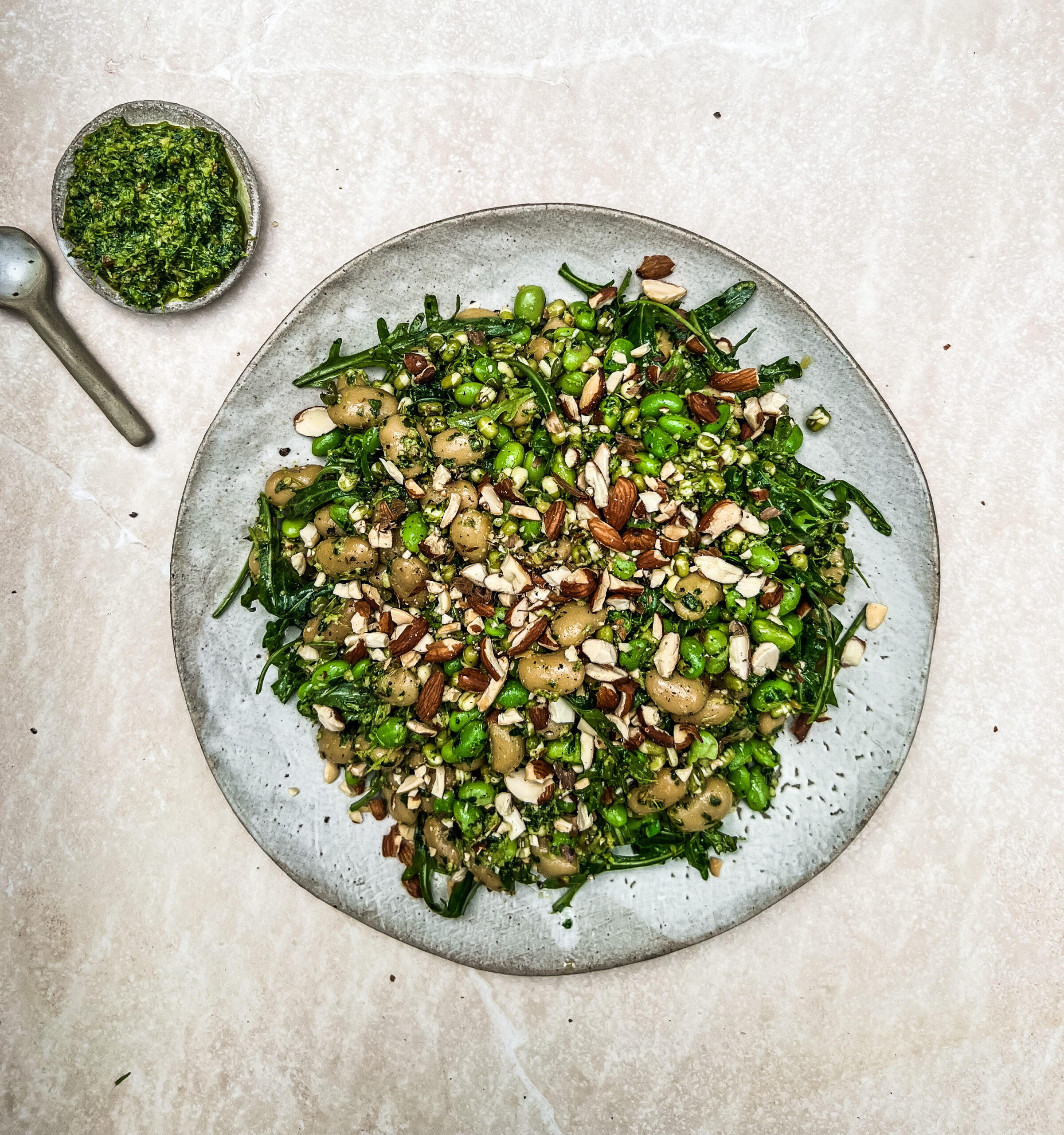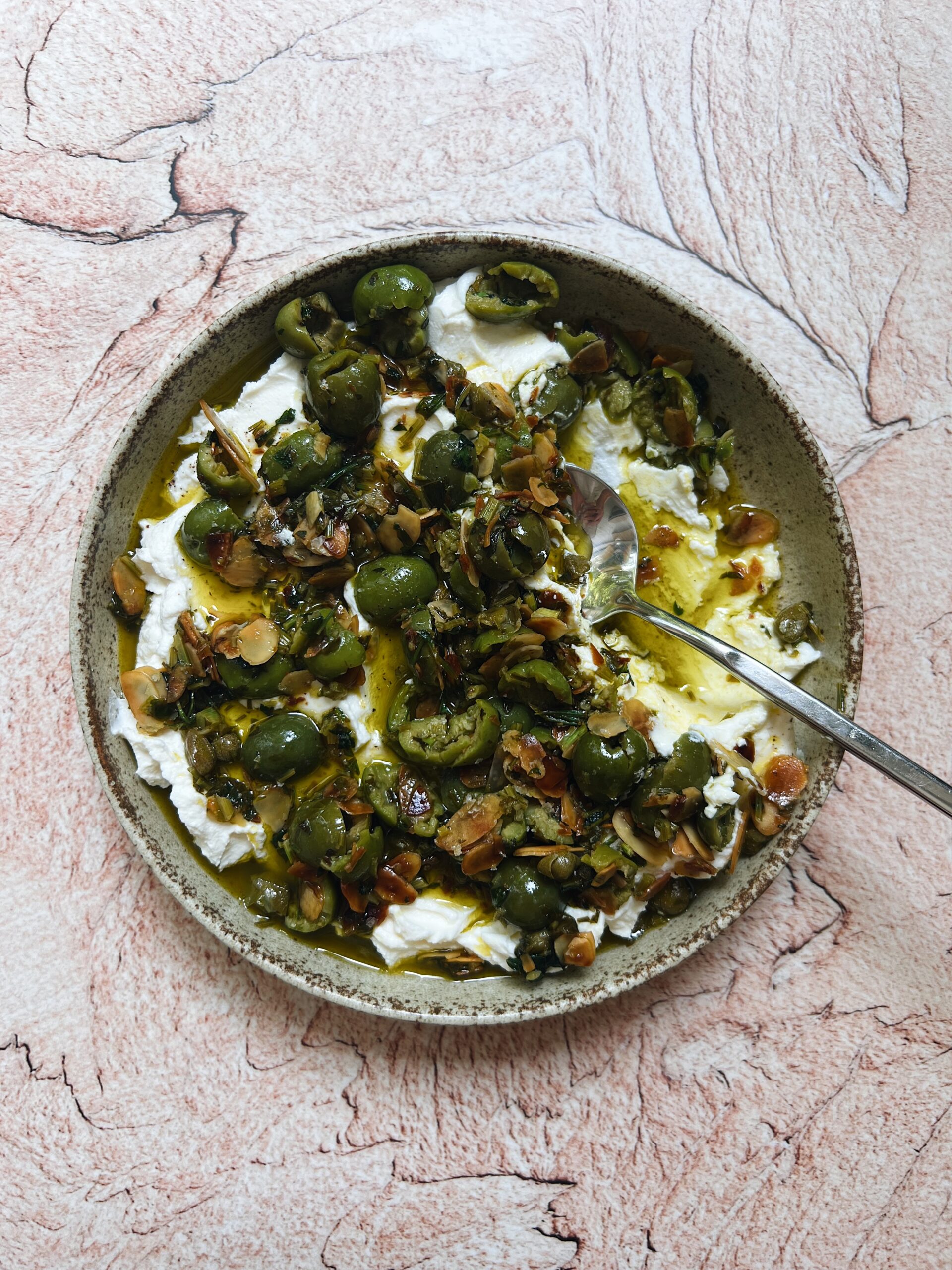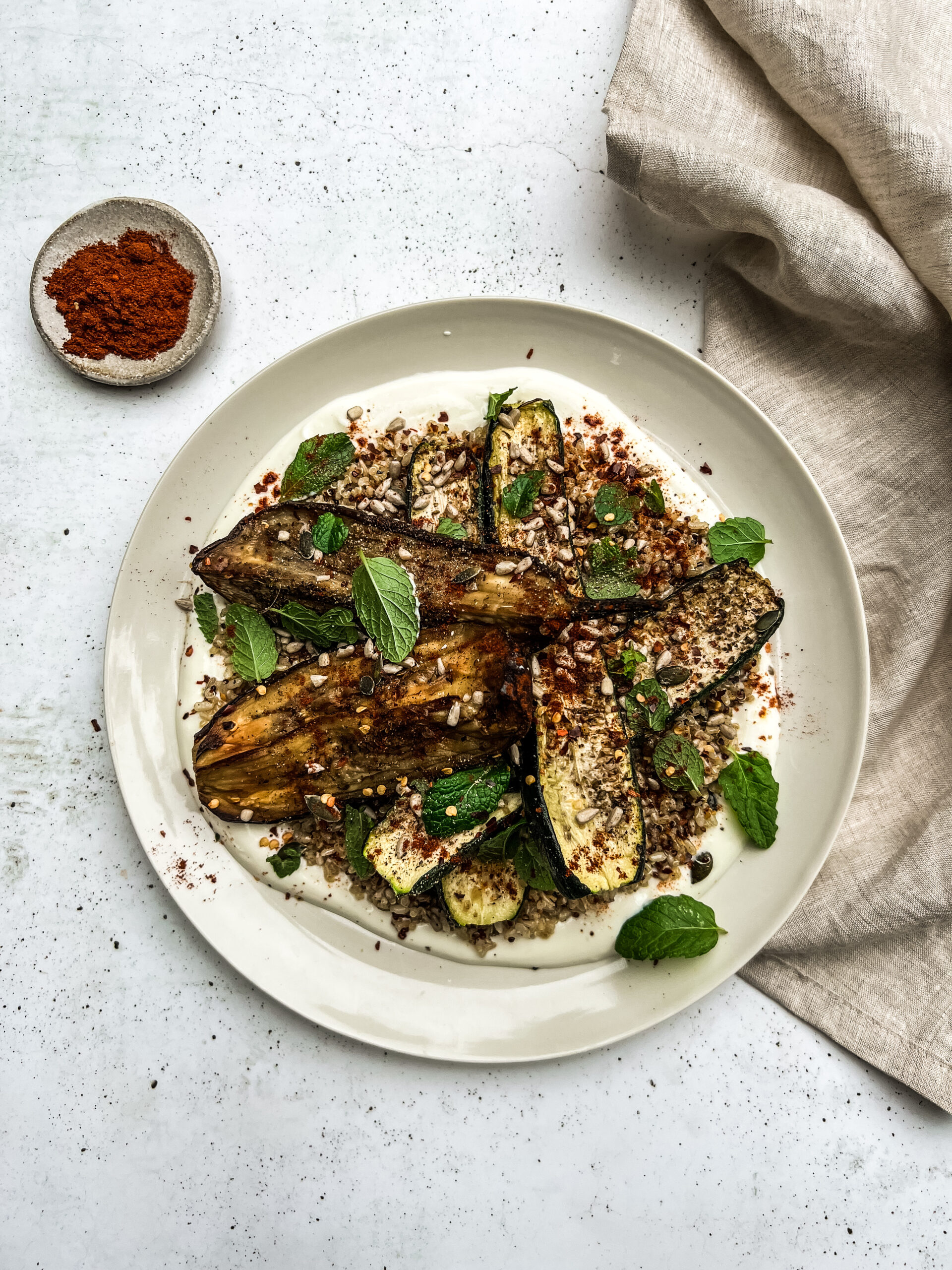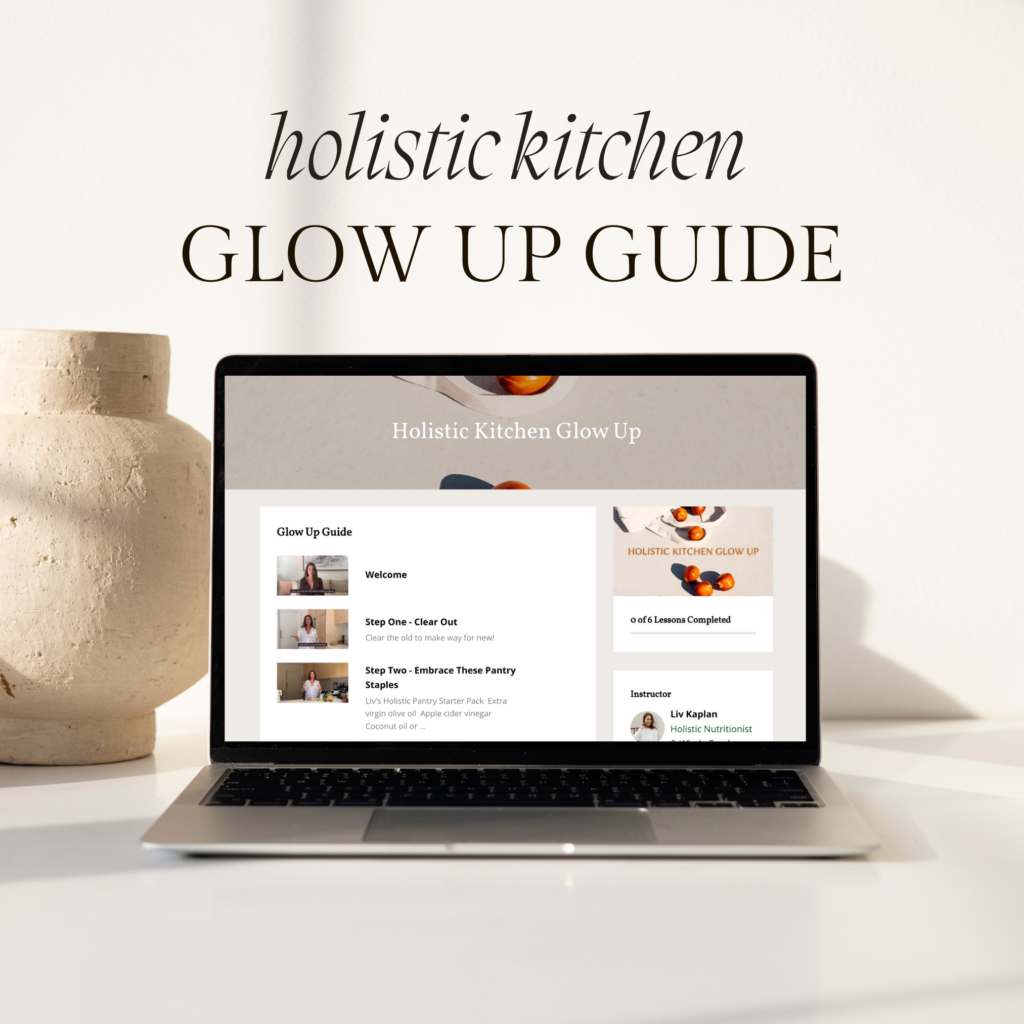What Is ‘Normal’ Anyway? A Deeper Dive into Eating Habits
I recently uploaded a video with the caption “isn’t it strange that our society eats so much junk food, that eating real food is considered a “diet”. It wasn’t my voice, but I couldn’t agree more with this statement.
Naturally, it ruffled some feathers.
Throughout my years on social media, I’ve encountered my fair share of trolls trying to diagnose me with an eating disorder, or be personally offended by my choices to eat well and look after myself. Yet if they took the time to actually delve into my work, they’d quickly realise how far from the truth that is.
A Mission to Cultivate Love for Real Food
I began sharing my work because I wanted people, especially women, to develop a genuine love for food, especially the healthy kind. My aim was for them to view food without the constant worry of “will this make me gain weight?” or “am I breaking the rules?” I wanted them to naturally embrace real food from a place of self-respect (something each and every one of us deserves).
I also wanted to the ability to discuss and educate about true health, without being tossed in the category of diet gurus, fad diets, hating ourselves and eating disorders.
These two can coexist and, in my opinion, come as a pair!
The way I see it, if you eat with self-respect, your diet will naturally be healthy. However, if you eat from a place of self-hatred, your diet is likely to be unhealthy, even if it includes greens powders and expensive diet products. Interestingly, it’s not so much about the specific diet itself.
When it comes to self-respect and what I consider healthy eating, which, as I say all the time, encompasses a lot more than just healthy food, you really cannot have one without the other. However, the media tells us otherwise.
Escaping The Extremes
I refuse to believe that we are limited to only two extreme options: junk food or eating disorder. However, if you only consume traditional media or your algorithm is flawed, it’s natural to think that these are the only choices available.
I have never felt comfortable with nutrition educators that spread the message of “eat everything in moderation” and “no food is bad”. As a holistic nutritionist, I will not deny that I believe some foods are terrible for you! There are plenty of “food products” out there that I refuse to consume. And I believe if you are seeking that information, you deserve to know this too.
But I also don’t fall into the camp of weight loss obsession, extreme diets for no reason and with no education and the endless cycle of hating yourself that sadly fuels majority of the health and beauty industry.
What has gone wrong here? What has led us to this unhelpful place of extremes?
How is it possible that someone who values self-respect and cares about the quality of the food they consume, as well as its connection to the land they live on, is seen to have a disorder?
How can it be considered disordered for someone to actively decide that they deserve the best nourishment available to them, or that their loved ones would benefit from them being in a healthy and aligned state?
Clearly, something is wrong. But what is it?
The answer to this question is lengthy, but one aspect of it pertains to who really decides what is considered “normal eating”.
Normal Is Defined By Manufacturers
Just because a food product or way of eating is available or popular, does not mean this is what you should strive for?
These decisions are generally made with one outcome in mind – increased profits for whatever company is making the product. Not your health.
If you aren’t actively deciding and prioritising what healthy or self-respectful eating means to you, it means the big food manufacturers are deciding for you.
What’s touted as “normal” eating is often determined by A) the choices made by influential players in the food industry (hello, breakfast cereal) or B) the profit-driven decisions of mainstream restaurants and food providers. This often means opting for cheap oils, long-lasting milk alternatives that are filled with additives (taking up less fridge space), and various other shortcuts.
This means that anything that is different to this, is seen to be abnormal.
Think of it like this:
Before the invention of breakfast cereal (yes, it was indeed an invention!), a normal breakfast varied widely depending on location and culture. Options included eggs, fresh bread, milk, fruit, or leftovers. Then, Kellogg’s introduced cornflakes. Initially, they were not sugary, but sugar was later added to enhance taste and boost sales.
Through a series of strategic steps (including influencing public health recommendations), starting your day without a bowl of cereal was suddenly seen as unusual or even unhealthy (remember when we were told eggs are as bad as cigarettes?).
Basically, cornflakes became “normal” breakfast fare because the men running Kellog’s, were great business people and very effective marketers. Consequently, if you deviate from this so-called “normal” food, you’re often branded as “extreme” or assumed to be “on a diet.”
Are all food manufacturers out to get us?
This is not to suggest that anything new is inherently bad or that the old ways are always healthier. Instead, it’s about shedding light on how our food choices and experiences are profoundly influenced by the profit motives of major food corporations. In this landscape, eating real, whole foods is unfairly labelled as “dieting” when, in fact, it should be the most sensible and natural choice.
I’ve always said that the healthiest foods in the supermarket are the ones that don’t have a marketing department or PR agency.
Redefining Normal
In my view, what could be more “normal” than whole foods, as close to nature as possible, with a traceable path ideally leading only to the country you call home. This should be our standard.
This is not “dieting” or “disordered”. It’s the opposite.
Now, of course, this doesn’t mean you need to swear off restaurants or modern processed food items forever, and you won’t see me doing that either.
I exist in the real world just like you, and I don’t aim for, nor do I expect to achieve, perfection. Additionally it’s important we have advice and expectations that suit the modern world, way of life and celebrate technological advancements – it’s not all bad.
It’s also important to note that this isn’t about labelling anything that isn’t “local/organic/hippie/whatever” as inherently bad, nor is it a blanket indictment of big food players (in fact, they hold significant power that, if channeled correctly, could have a positive impact).
Beware of marketing
But do be aware of any health advice that is coming from a company (or a person tied to a company) that may fiscally benefit from such a changed behaviour. It’s not all bad, but this simply does not exist without bias.
I’m no conspiracy theorist but the government health initiatives are often tied to the industries and companies that financially benefit from their implementation.
It’s generally the quietest foods on the shelf that are the healthiest – the ones without packaging, health claims, marketing campaigns or PR agencies.
Mission For Change
I strive for conscious awareness of the choices we make about what enters our bodies and those of our loved ones, as often as possible. I strive for true health, and encourage you to have a think about what “eating normally” means to you.
Don’t let anyone (or any publication for that matter) shame you for having self-respect, going with your intuition, and making a choice that is feels aligned to you.










